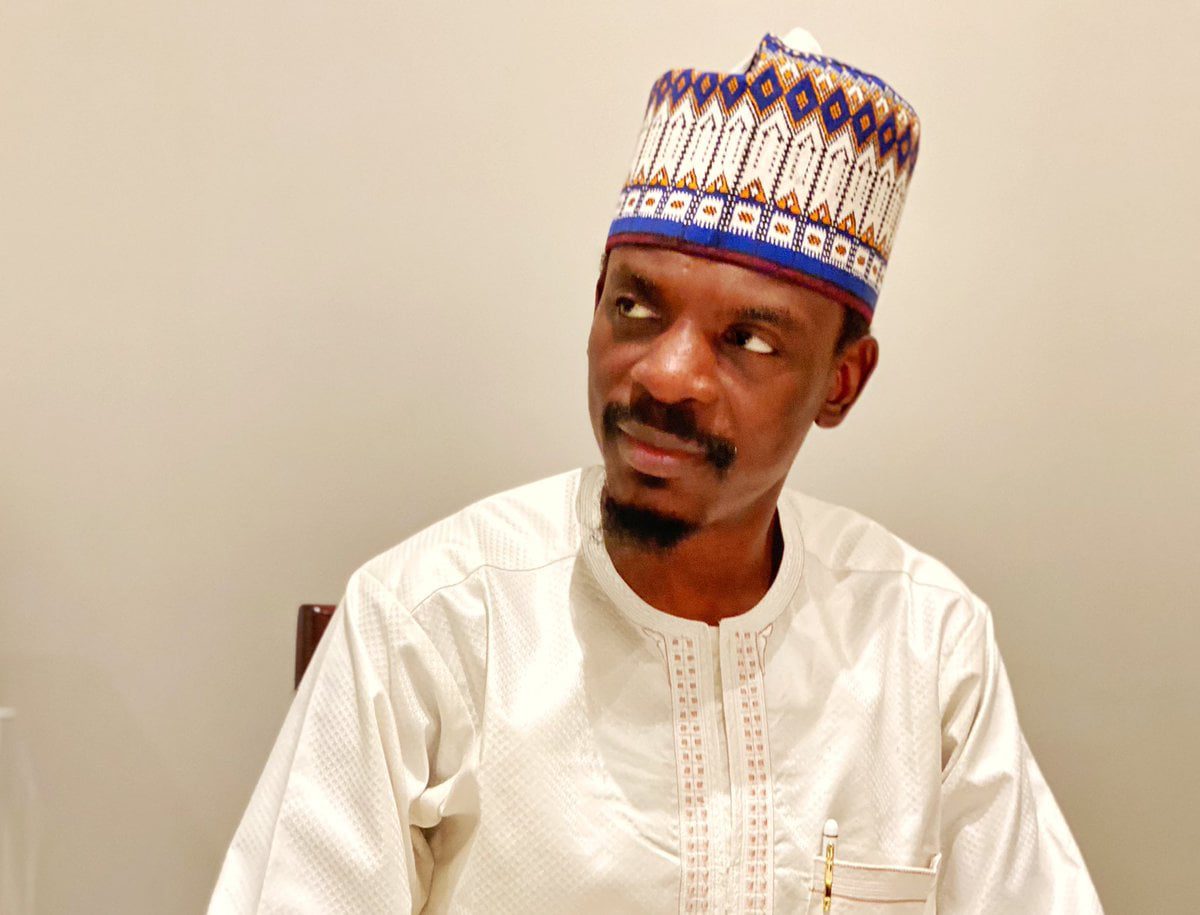Nigeria
Igbos have held positions of presidents and vice presidents- Bashir Ahmad

It is important to note that the historical examples provided by Bashir Ahmad effectively dispel the notion that Igbos are systematically barred from leadership roles in Nigeria.
Read Also: Nigeria’s democracy will be strengthened through increased accountability and transparency- NILDS
The fact that Nnamdi Azikiwe, an Igbo, served as Nigeria’s first President after the country became a republic in 1963 is a testament to the Igbo’s early involvement in the highest level of governance.
Additionally, Major General Johnson Aguiyi-Ironsi, also an Igbo, became the first military head of state after a military coup in 1966, further highlighting the Igbo’s role in Nigeria’s political landscape.
Furthermore, the examples of Dr. Alex Ekwueme serving as Vice President under President Shehu Shagari and Senator Evan Enwerem being elected as the President of the Senate in 1999 demonstrate the continued political involvement and significant contributions of the Igbo to Nigeria’s democracy.
These examples clearly refute the claim that Igbos are systematically excluded from leadership positions in Nigeria.
